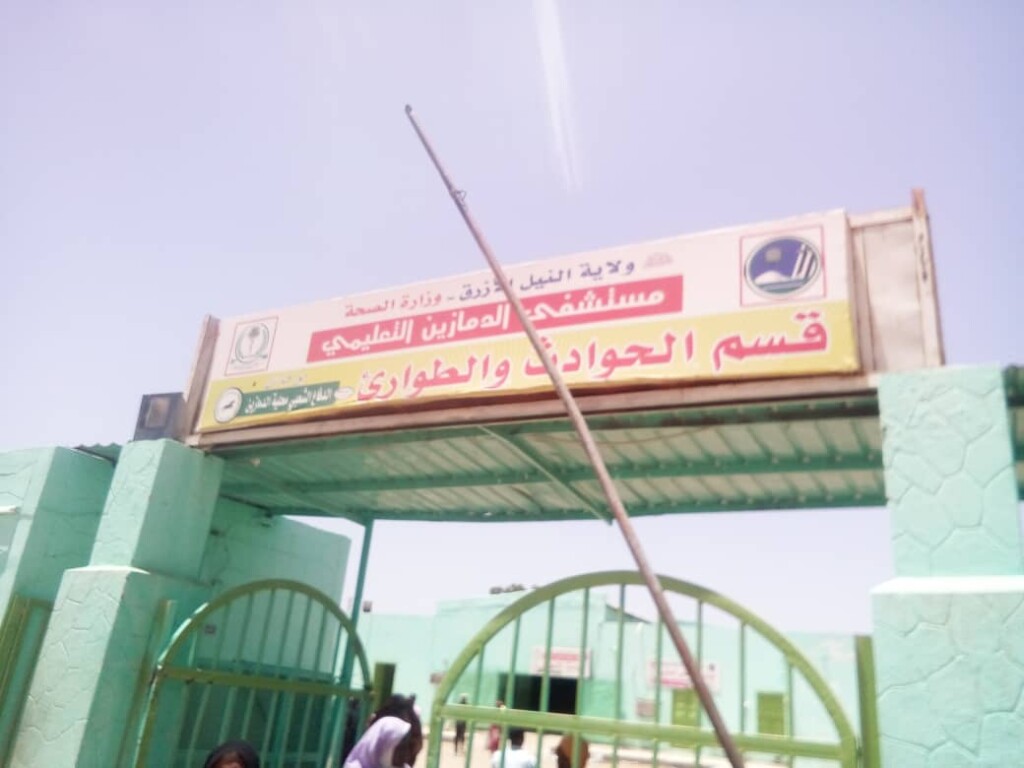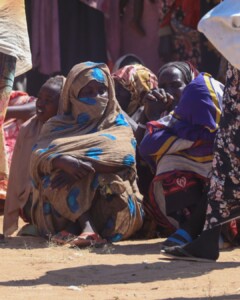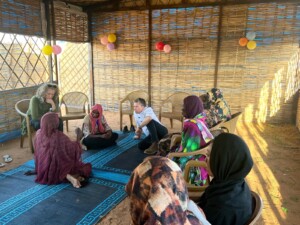Sudan’s Blue Nile: Authorities launch investigation into ‘mass prescription drug poisoning’

The Ed Damazin Teaching Hospital (Social media)
ED DAMAZIN –
Authorities in the Blue Nile region launched an investigation to ascertain how at least 60 cases of accidental prescription-drug poisoning were confirmed in the capital’s main hospital in Ed Damazin, last week.
According to sources in the area, among the confirmed cases admitted at the Ed Damazin Teaching Hospital, were children who suffered from seizures and various disorders as result of the poisonings.
Doctors in Ed Damazin told Radio Dabanga that they were only able to administer intravenous solutions to those affected, due to them being unable to identify the exact drug they took.
Activists on social media circulated pictures of the alleged drug in question, Haloperidol, an antipsychotic drug used to treat schizophrenia as well as motor and speech tics.
One of those poisoned by the drug told Radio Dabanga that the source of the drug’s proliferation was allegedly due to a treatment camp, set up by an international organisation which delivered various types of medicine to a health unit last week.
He also went on to add that he lost consciousness and suffered frequent seizures after being administered the drug by the organisation’s health staff on Friday morning last week.
Salwa, another person that was poisoned by the unconfirmed drug, was interviewed in the hospital. She stated that she received the drug from the organisation’s health staff after complaining about flu-like symptoms. Upon taking the drug, Salwa began to convulse and was immediately transferred to the hospital. She added that she is still experiencing seizures.
Sheikh El Nour, a community leader in the area, told Radio Dabanga that authorities closed the health unit and seized all the remaining medicine. He stated that the investigation committee has arrived in the area, but still have not concluded their investigation. El Nour stated that he expects a report to be published soon.
The Ministry of Health refused to comment on the incident. Radio Dabanga were unable to get a comment from the organisation that reportedly distributed the drug.











 and then
and then